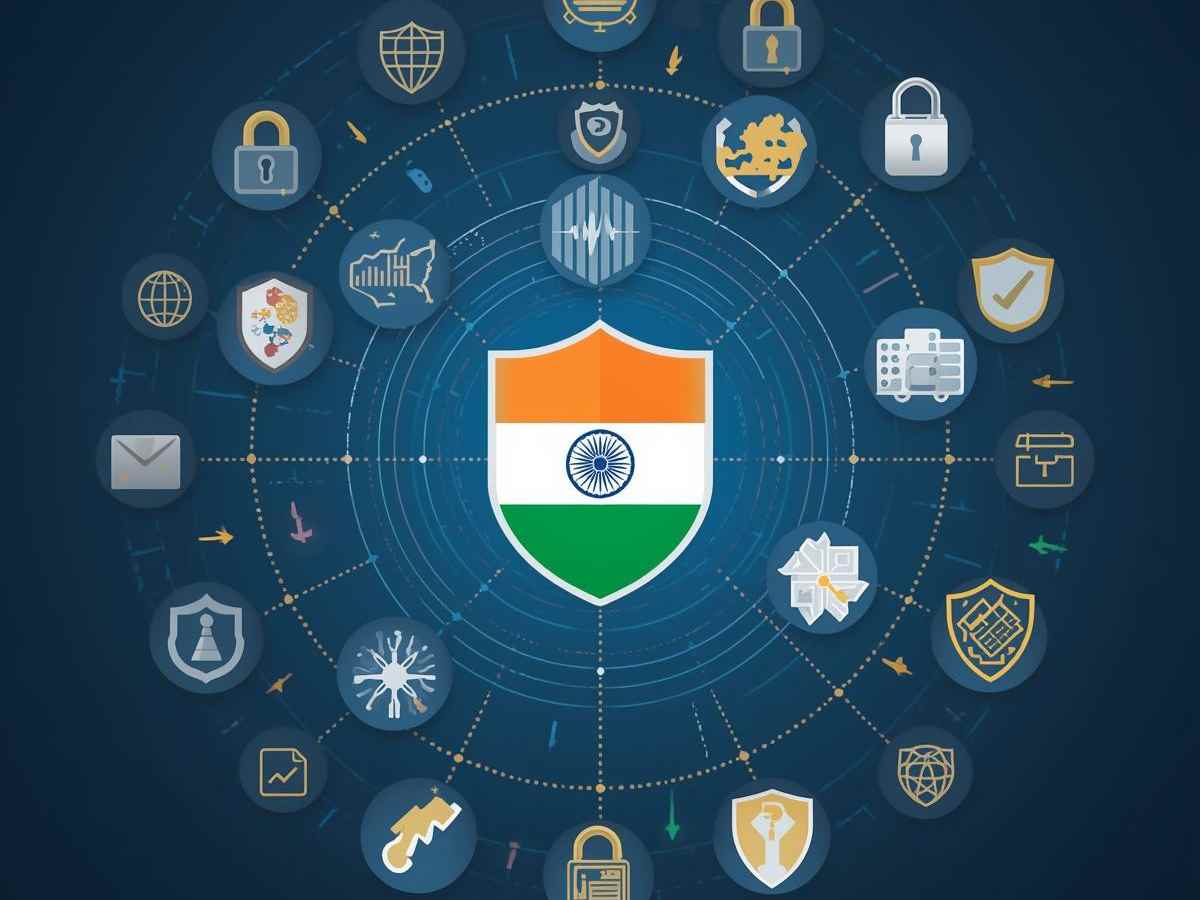Do you remember the first time you tried riding a bicycle? Your tiny feet barely reached the pedals, you felt scared, your heart thumped with a mix of fear and excitement, and every wobble felt like the end of the world. Yet, you kept trying, falling, laughing, trying again, until that one moment, you were riding on your own. That feeling? That is the essence of the Beginner’s Mind.
In Japanese Zen Buddhism, it’s called Shoshin, a mindset rooted in openness, curiosity, and a lack of preconceptions. It invites us to approach life like we are seeing everything for the first time, not with naivety, but with wonder.
In this fast-running world, cultivating a beginner’s mind can be a game-changer for us that can transform how we learn, lead, create, and connect.
What Is the Beginner’s Mind?
Shoshin is not about being clueless; it is about being limitless.
A beginner’s mind is humble. It acknowledges, “I don’t know everything,” and that’s exactly what opens the door to growth. Experts often fall into the trap of certainty, assuming they have seen it all. But beginners? They ask questions, challenge norms, and explore possibilities others miss.
As Zen teacher Shunryu Suzuki put it:
A beginner’s mind is full of many possibilities, but in an expert’s mind, there are few.
Think of a child discovering rain for the first time. They don’t groan, “Ugh, rain again.” They giggle, stretch out their arms, and stomp in puddles. That joy, that openness, that’s Shoshin.
The Trap of Knowing Too Much
The more we know, the more we think we know. Ironically, expertise can make us rigid. We rely on past experience, follow the same mental paths, and gradually lose our sense of wonder.
Have you ever heard someone say, “That won’t work, we have tried it before”? That is the voice of a closed mind. It’s safe, yes, but also stagnant. In contrast, a beginner would ask, “What if we tried it differently this time?”
In business, innovation dies when people stop questioning. In relationships, connection fades when we assume we already know everything about the other person. In life, growth stops when curiosity ends.
The Four Pillars of a Beginner’s Mind
Let’s break this down into what makes a beginner’s mind so powerful.

1. Openness and Eagerness
Beginners don’t pretend to know it all. They are not here to prove anything; they are here to learn. That openness allows new ideas to enter and evolve.
Imagine a scientist who has studied climate change for decades still feeling amazed by a new data point. Or an artist with years of experience picking up a paintbrush with a childlike wonder. That is Shoshin in action.
2. Letting Go of Preconceptions
Preconceptions are mental shortcuts. They are useful until they are not. When we approach something new, thinking we already understand it, we stop truly seeing it.
A beginner’s mind asks: “What am I missing?” instead of “I already know.”
3. Active Learning
Shoshin encourages full, present engagement. It is not passive scrolling or mindless agreement. It is curiosity with a purpose. Instead of just listening to confirm what you already believe, you listen to understand.
4. Humility
This might be the hardest one. In a world where confidence often equals competence, humility is underrated.
But true confidence doesn’t come from knowing everything. It comes from being okay with not knowing everything. Humility says, “Teach me,” even when the teacher is someone younger, less experienced, or completely different from you.
Why We Need Beginner’s Mind Today, More Than Ever
In an era of AI, fast tech, and constant change, the ones who excel are not the ones who know the most; they are the ones who adapt the fastest. And adaptation requires the ability to learn, unlearn, relearn, and stay curious.
A beginner’s mind gives us the courage to try, fail, and try again. It is what turns job changes into opportunities, feedback into fuel, and mistakes into momentum.
Need more reasons? Here you go:

Enhanced Creativity: Fresh ideas do not come from recycled thinking. It comes from learning new things constantly.
Better Relationships: When we assume less, it allows us to connect more deeply. This helps strengthen the relationship.
Resilience in Uncertainty: Beginners don’t expect control; they explore.
Joy: Yes, joy. Life feels more alive when you are curious about it.
A Childhood Story That Still Teaches Us
Remember The Emperor’s New Clothes?
It is the story of an emperor who is tricked into believing he is wearing invisible clothes that only the wise can see. Everyone around him pretends, fearing judgment. But a child, simple and honest, blurts out, “But he isn’t wearing anything at all!”
That child had a beginner’s mind. Free of ego, status, or assumptions. He saw things as they were, not as he was told they should be.
This story has endured not just because it’s clever, but because it reminds us that beginners often see the truth that the experts miss.
How to Cultivate a Beginner’s Mind
You do not have to be new to think like one. Here is how to keep that beginner spark alive:

Ask more “Why” questions: Not just “What’s next?” but “Why do we do it this way?”
Switch roles: Teach something to a beginner and observe how they learn, it’ll remind you how you used to.
Be the dumbest in the room: Surround yourself with people who challenge you.
Try something totally new: It can be a new language or a coding tutorial. And be okay with stumbling.
Pause before reacting: Assume less and listen more. Curiosity often hides behind patience.
Final Thoughts: Stay Wonderfully Uncertain
The beginner’s mind is not about rejecting what you know, it is about not letting what you know limit you.
In a world that rewards confidence, try choosing curiosity. In a room full of answers, be the one asking questions. And when life feels dull or difficult, remember: sometimes all it takes is looking at the same thing through fresh eyes. After all, even experts were beginners once, and the best never forget how that felt.
Ready to embrace your inner beginner?
Maybe today’s a good day to step into something new. Not to be great at it, but to fall in love with learning again.
This isn’t the end. It’s the awkward ‘please follow us’ part. LinkedIn and Instagram. You know what to do.






